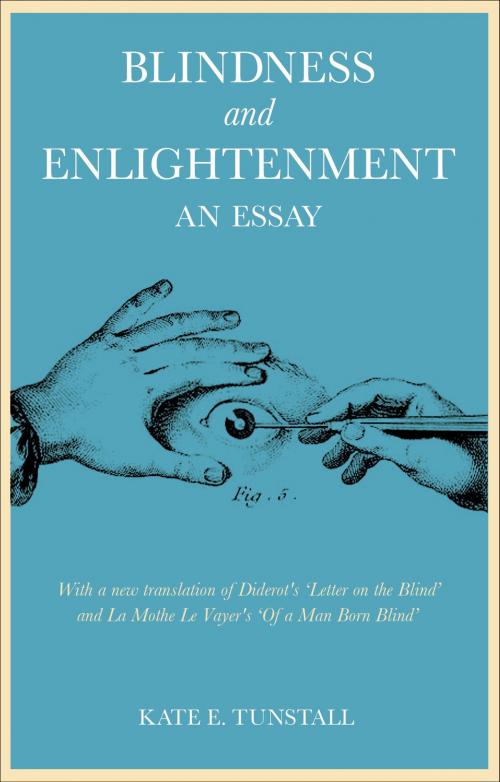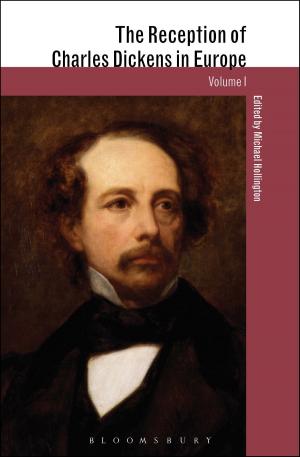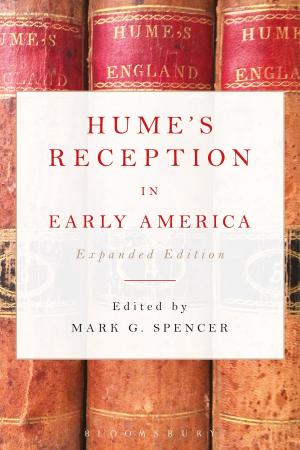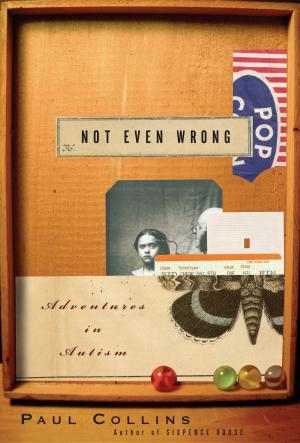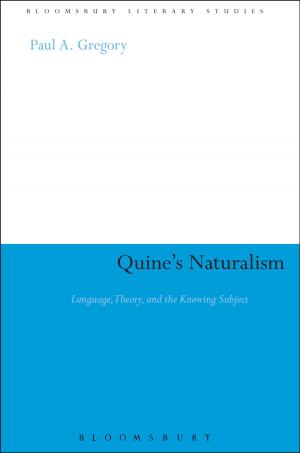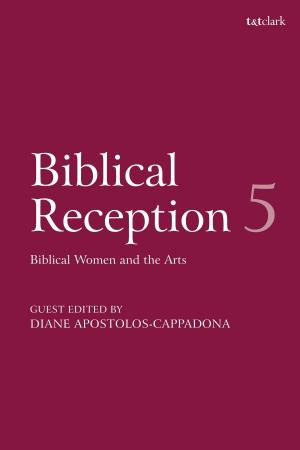Blindness and Enlightenment: An Essay
With a new translation of Diderot's 'Letter on the Blind' and La Mothe Le Vayer's 'Of a Man Born Blind'
Fiction & Literature, Literary Theory & Criticism, French, Nonfiction, Religion & Spirituality, Philosophy| Author: | Dr Kate E. Tunstall | ISBN: | 9781441113450 |
| Publisher: | Bloomsbury Publishing | Publication: | August 18, 2011 |
| Imprint: | Continuum | Language: | English |
| Author: | Dr Kate E. Tunstall |
| ISBN: | 9781441113450 |
| Publisher: | Bloomsbury Publishing |
| Publication: | August 18, 2011 |
| Imprint: | Continuum |
| Language: | English |
Blindness and Enlightenment presents a reading and a new translation of Diderot's Letter on the Blind. Diderot was the editor of the Encyclopédie, that Trojan horse of Enlightenment ideas, as well as a novelist, playwright, art critic and philosopher. His Letter on the Blind of 1749 is essential reading for anyone interested in Enlightenment philosophy or eighteenth-century literature because it contradicts a central assumption of Western literature and philosophy, and of the Enlightenment in particular, namely that moral and philosophical insight is dependent on seeing. Kate Tunstall's essay guides the reader through the Letter, its anecdotes, ideas and its conversational mode of presenting them, and it situates the Letter in relation both to the Encyclopedie and to a rich tradition of writing about and, most importantly, talking and listening to the blind.
Blindness and Enlightenment presents a reading and a new translation of Diderot's Letter on the Blind. Diderot was the editor of the Encyclopédie, that Trojan horse of Enlightenment ideas, as well as a novelist, playwright, art critic and philosopher. His Letter on the Blind of 1749 is essential reading for anyone interested in Enlightenment philosophy or eighteenth-century literature because it contradicts a central assumption of Western literature and philosophy, and of the Enlightenment in particular, namely that moral and philosophical insight is dependent on seeing. Kate Tunstall's essay guides the reader through the Letter, its anecdotes, ideas and its conversational mode of presenting them, and it situates the Letter in relation both to the Encyclopedie and to a rich tradition of writing about and, most importantly, talking and listening to the blind.
